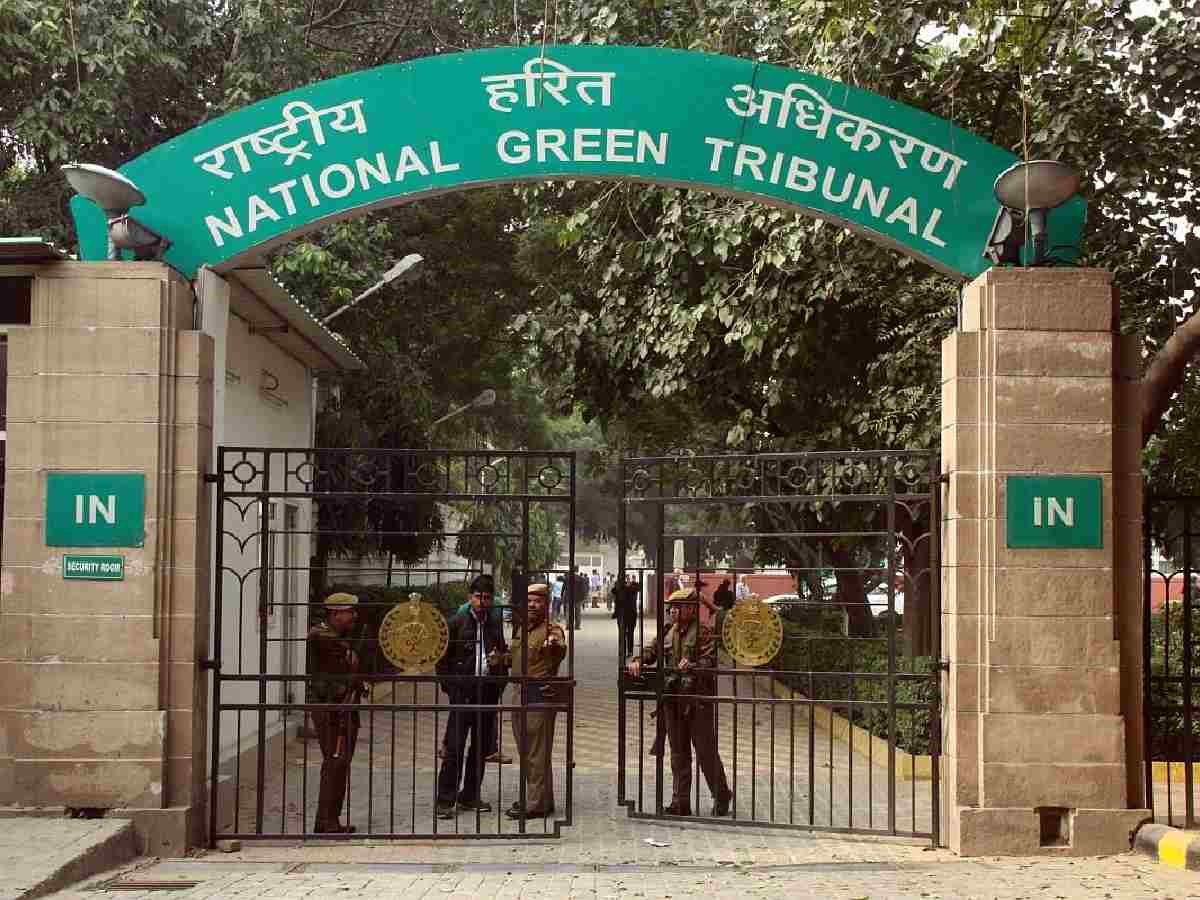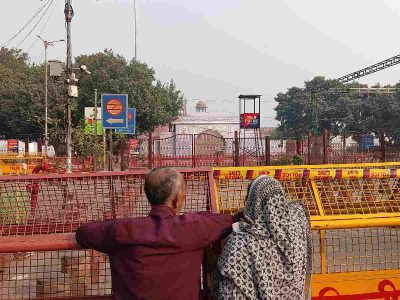The Delhi Pollution Control Committee (DPCC) collected over Rs 112 crore as environmental compensation (EC) between April 2015 and November 20, 2024, the National Green Tribunal (NGT) was recently informed.
The Central Pollution Control Board (CPCB) described environmental compensation as a policy tool based on the “polluter pays” principle, wherein fines are imposed on violators of environmental laws and used for restoration efforts.
The NGT had sought details on the EC collected and its utilisation from the Delhi Pollution Control Committee. In its report dated December 26, the DPCC revealed that it had received Rs 11,208.15 lakh (Rs 112.08 crore) in EC funds during the specified period, of which Rs 3,605.66 lakh (Rs 36.05 crore) had been utilised.
Providing a breakdown, the report stated that the highest expenditure, Rs 10.11 crore, was on information, education, and communication activities. This was followed by Rs 8.77 crore spent on strengthening monitoring systems, including the installation and operation of continuous ambient air quality and noise monitoring stations. Additionally, Rs 6.79 crore was allocated for laboratory strengthening, Rs 5.11 crore for NGT-directed studies, Rs 2.16 crore for research and development, and Rs 2.03 crore for hiring experts and consultants as well as paying honorariums. Around Rs 1.05 crore was spent on other scientific and technical purposes.
The report noted that no funds were allocated for certain categories, such as remediation of contaminated sites, specific environmental and ecological studies, carrying capacity assessments, capacity building, or specialised studies on accidental spills, health impact assessments, and recalcitrant pollutants.
Also Read: Reimagining memorials: Do we care about them enough?
The DPCC report highlighted that the highest EC collection since April 2015 came from air polluters (Rs 18.84 crore) and construction activities (Rs 18.60 crore). Other contributors included medical establishments (Rs 17.68 crore), hotels (Rs 13 crore), and plastic bag users (Rs 2.11 crore). Violating malls paid over Rs 49 lakh, while illegal borewell users contributed approximately Rs 5.82 crore.
Additionally, about Rs 14.40 crore was collected from “non-conforming areas.” Other violations included illegal generators, tandoors, dyeing units, polluting the Yamuna River, vehicle fines, and the use of plastic bags, the report stated.
(With inputs from PTI)





